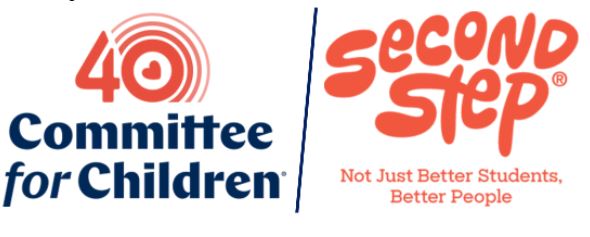At FAST we believe in teaching the whole child will help them to develop into adults who are self-aware, caring, responsible, engaged, and lifelong learners who work together to achieve goals. Social Emotional Learning is defined as the process through which all young people and adults acquire and apply the knowledge, skills, and attitudes to develop healthy identities, manage emotions and achieve personal and collective goals, show empathy for others, establish and maintain positive relationships, and make responsible decisions.
SEL advances educational equity and excellence through creating school-family-community partnerships. At FAST, we have created a school culture that features trusting and collaborative relationships with staff and peers, as well as, rigorous and meaningful curriculum and instruction. SEL helps to address various forms of inequity and empower young people and adults to co-create thriving schools and contribute to safe, healthy, and just communities. School-wide SEL program adoption has shown to improve student academic performance by 11 percentage points, reduce problem behaviors at school and home, and help to improve student attitudes about self, others, and school.
SEL Curriculum
Second Step Program is a research based, holistic approach to social emotional learning. It has been developed by the non-profit Committee for Children, which has championed the safety and well-being of children since 1979. This school wide curriculum is designed to meet the needs of students at different stages in their development.
The K-5 curriculum covers topics such as growth mindset, emotional management, empathy/kindness, problem solving, and bullying prevention. In elementary school students have morning meeting time each day where skills are introduced, taught, discussed, and practiced.
The Middle School curriculum focuses on areas where students need the most support at this developmental level. Topics include bullying and harassment, goal setting and mindset, thoughts, emotion, and decisions, and managing relationships and social conflicts. Middle School students meet two times a week in a 45 minute advisory period to work through the lessons and develop community.
Resources for more information: https://casel.org/ , https://www.secondstep.org/
